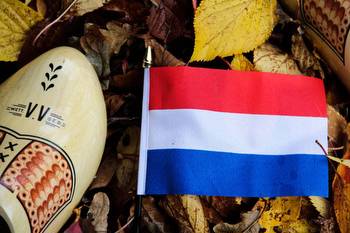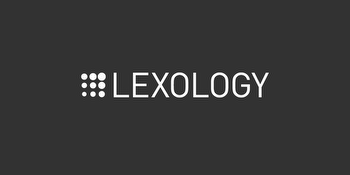KSA provides legal online gambling market update

The Dutch Gambling Authority (KSA) has provided an update on the state of affairs for the legal market for online games of chance in the country, which opened on 1 October 2021.
The Dutch Gambling Authority (KSA) has provided an update on the state of affairs for the legal market for online games of chance in the country, which opened on 1 October 2021.
The authority noted that the market is “showing itself to be quite stable”, with monthly gross game result (BSR - stake minus prizes paid) of approximately €80m ($78.6m).
On 1 October, there were 10 licence holders, but that number has now increased to 22. The KSA noted that the licence increase did not lead to an increase in BSR, with the figure fluctuating between €90m in January and €75m in February and March, with July reporting a total of €86m.
As for the number of players, the body explained: “It is not known exactly how many Dutch people play with legal gambling providers, because it is possible to have a player account with several gambling providers.”
But in July 2022, 563,000 accounts were actually played, with an average monthly loss per player account of €153.
The KSA continued by noting that the objective of the Remote Gambling Act was to have at least eight out of 10 players only playing with legal providers in a safe environment with sufficient attention to addiction prevention after three years of the opening of the legal online gambling market. The latest figures show a “favourable picture in this regard”, with 85% of online players playing exclusively with legal providers.
The KSA concluded with details about the Central Register Exclusion of Chance Games (Cruks), which commenced simultaneously with the opening of the legal online games of chance market on 1 October.
“More than 23 thousand people are now registered,” said the KSA. “As a result, they cannot participate in a game of chance for at least six months. Every time a player wants to participate in a risky game of chance, the provider must check whether there is a registration in Cruks.”


































